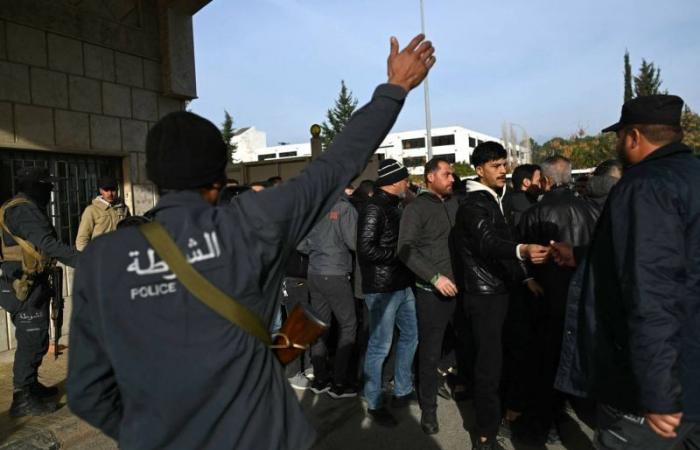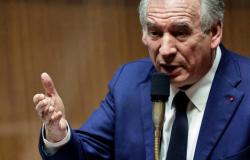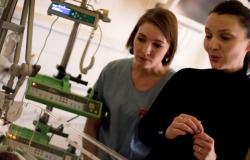Faced with the challenge of unifying a country ravaged by 13 years of war, the leader of the Islamist-dominated coalition that took power in Syria has pledged to dissolve factions in the army that contributed to the fall of Bashar al-Assad, and called for the lifting of international sanctions.
After some 50 years of unchallenged rule by the Assad clan, the new authorities are working to reassure foreign capitals, which are gradually making contact with their leaders, including Abu Mohammad al-Jolani, who is now called by his real name , Ahmad al-Shareh. After the United Kingdom, France is sending a diplomatic mission to Damascus on Tuesday, the first in 12 years.
The fighting groups “will be dissolved and their fighters prepared to join the ranks of the Ministry of Defense, and all will be subject to the law,” said Abu Mohammad al-Jolani, in comments reported Tuesday morning by the Telegram channel of the coalition led by the radical Sunni group Hayat Tahrir el-Sham (HTC). Abandoned by his allies, Russia and Iran, Bashar al-Assad fled to Moscow when a coalition of rebel groups led by radical Islamists seized Damascus on December 8, after a lightning offensive led from the north of Syria. Breaking his silence on Monday, the ex-president claimed that he had only fled Syria after the fall of Damascus and described the country’s new leaders as “terrorists”.
Return of refugees
His fall was greeted by scenes of jubilation, almost 14 years after the start of the civil war triggered in 2011 by the repression of pro-democracy demonstrations, which left half a million dead and caused the flight abroad of six million people.
But unifying the country fragmented by years of bloody war and where there are numerous factions with divergent allegiances and numerous religious and ethnic minorities remains a challenge for HTC. This former branch of al-Qaeda claims to have broken with jihadism but remains classified as a terrorist organization by several Western capitals.
In a military compound near Damascus, residents, including children, set fire to the houses of officers of the former government, according to AFP journalists. Tables, cabinets, chairs were previously looted.
In Latakia, Syria’s second port on the Mediterranean, hundreds of men and some women members of the former government forces lined up Monday outside offices where the new authorities asked them to come and surrender their weapons. “Syria must remain united, and there must be a social contract between the State and all faiths to guarantee social justice,” assured Ahmad al-Chareh. He made the remarks during a meeting Monday with members of the Druze community, a branch of Shiite Islam, estimated at around 3% of Syria’s pre-war population.
Syria’s new strongman also received a delegation of British diplomats, before whom he “discussed the importance of restoring relations” with London, in comments reported on Telegram. He “stressed the need to lift all sanctions imposed on Syria in order to allow the return of Syrian refugees to their country.”
“Reconciliation”
While Bashar al-Assad posed as protector of minorities in a Sunni majority country, several countries and organizations, while welcoming his fall, say they are waiting to see how the new authorities will treat the minorities of the cosmopolitan country. Faced with a flammable regional situation, Western countries do not want to miss the opportunity to renew ties with Syria, aware of the risk of fragmentation and resurgence of the jihadist group Islamic State, which has never been completely eradicated from the country.
The US military announced it had killed 12 IS members in airstrikes in Syria on Monday. The United States has also established contacts with HTC, while the European Union announced Monday that it was sending a high representative to Damascus.
The head of European diplomacy, Kaja Kallas, affirmed that Russia and Iran should “have no place” in the Syria of tomorrow, and that the EU would raise the question of the future of Russian military bases in Syria with the new power. In an interview with AFP, Riad Assaad, a rebel leader, called on Moscow to “reconsider its calculations” and “abandon (its) hostility”, defending the idea of a Syria which would have “good relations with all countries of the world. Former founding colonel of the Free Syrian Army (ASL), made up of dissident soldiers, he demanded that members of the ousted government answer to the courts for the crimes committed: “Our objective is forgiveness and reconciliation, but it must there must be transitional justice so that there are no acts of revenge.”






